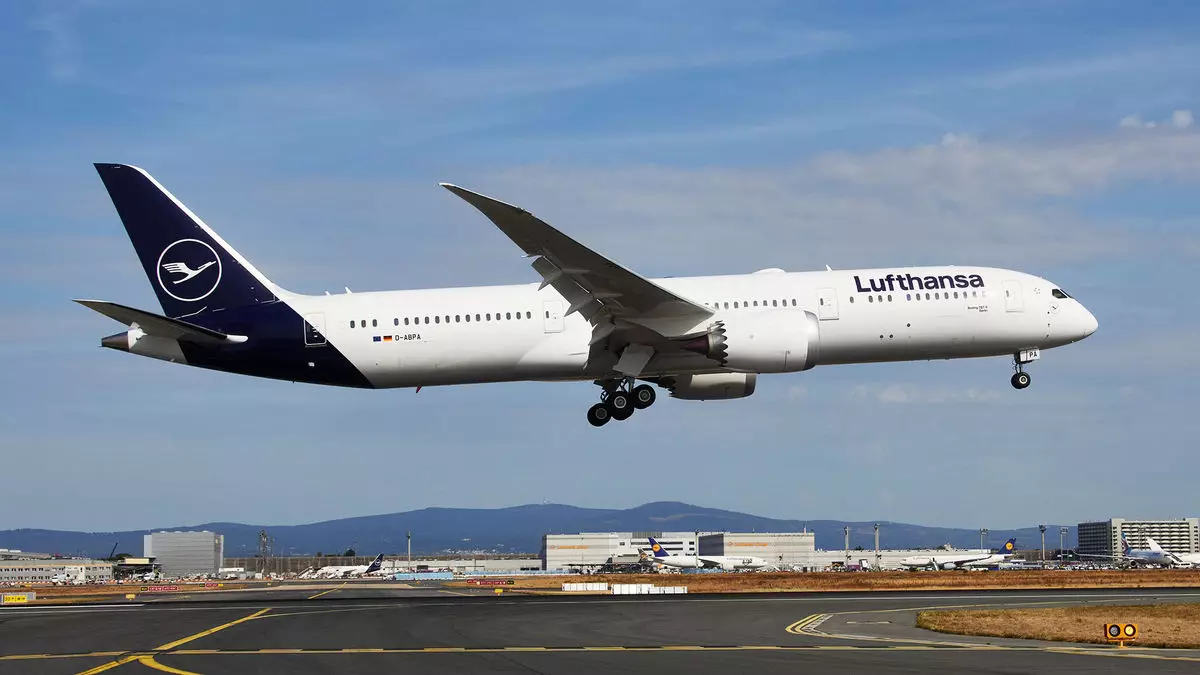Lufthansa and its partner airline, Swiss International Air Lines, are facing significant penalties for violating established U.S. airspace regulations. The U.S. Department of Transportation (DOT) recently imposed fines of $220,000 for Lufthansa and $200,000 for Swiss, triggered by their operation of United codeshare flights within restricted airspace over Baghdad, Iraq. These fines serve as a potent reminder of the critical need for adherence to safety regulations, particularly in zones that are considered high-risk due to geopolitical tensions.
What complicates matters is the stipulation that half of the imposed fines could be waived should both airlines maintain compliance over the next year. This conditional forgiveness indicates a proactive approach from the DOT, suggesting that they prefer to promote adherence to regulations rather than impose punitive measures. The consent agreements signed by both airlines imply an acknowledgment of their missteps, an essential step in mending their relationship with regulatory authorities.
The aviation industry is under persistent scrutiny, especially regarding safety and compliance with operating regulations. As outlined in an FAA guideline that was extended in October 2020, a strict prohibition exists for U.S. airlines—and by extension, foreign carriers with U.S. codeshares—to operate flights below 32,000 feet in Baghdad airspace. This rule is not merely bureaucratic; it is rooted in ensuring the safety of flights traversing potentially precarious locations.
The airlines involved have defended themselves by stating that they filed flight plans in accordance with FAA regulations. They argue that the inability to maintain the required altitude stemmed from a lack of authorization from local air traffic control amidst the congested air corridors over Baghdad. Such a defense raises questions about the efficiency and coordination capabilities of air traffic management in high-density and politically sensitive areas. Despite their claims of having safety intact, the operational environment necessitates acute awareness and adherence to all stipulated regulations.
The actions against Lufthansa and Swiss are part of a broader trend concerning aviation compliance, as the DOT has issued fines to several foreign airlines this year alone. The DOT has also targeted Emirates, Etihad, and Air Canada for similar lapses regarding airspace regulations during codeshare operations. These incidents underscore a systemic issue within aviation operations—an area where even established airlines must exercise extreme caution.
While the fines levied against Lufthansa and Swiss underline the importance of regulatory compliance in aviation, they also reflect the challenges airlines face operating in complex, high-risk environments. The DOT’s call for better adherence not only resonates within the affected airlines but serves as a cautionary tale for the entire global aviation community. Ensuring adherence to such regulations is paramount, not just for operational efficacy but for ensuring the safety of passengers and crew alike.


Leave a Reply